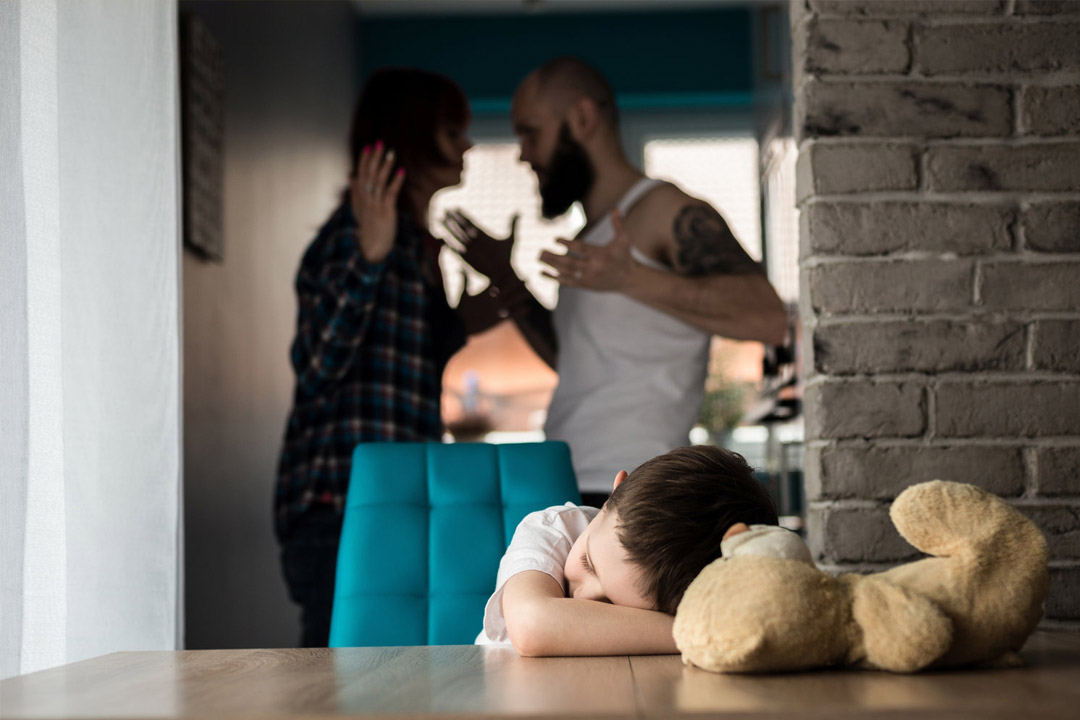The “Caring Dads” programme - considerable efforts that led to a good practice example
Caring Dads is a project that seeks to reduce the risk of infliction of harm to children and their mothers through education of fathers.
| Organisation | MTÜ VAITER |
| Country | Estonia |
| Project title | Increasing the awareness of child-centered fathering in order to reduce the risk of harm to children and their mothers caused by domestic violence |
| Project number | 2018-1-EE01-KA204-047115 |
| Format | Strategic Partnerships for adult education |
| Sector | Adult education |
| Target group | Fathers who need to be monitored and helped by the intervention systems, fathers at high risk |
| Erasmus+ project results | https://erasmus-plus.ec.europa.eu/projects/search/details/2018-1-EE01-KA204-047115 |
This article was written by project coordinator Keete Janter and was originally published on the official website of the European Network for the Work with Perpetrators of Domestic Violence
Despite the importance of fathers in families, our child protection and child and family mental health service systems tend to primarily hold mothers accountable for their children’s safety and wellbeing. A trend that is exacerbated when fathers are deemed as high risk. Ironically, this means that those fathers who most need to be monitored by our systems are not included in crucial interventions. Children whose fathers have used violence pay the price for this lack of accountability with higher rates of aggression, substance use, criminal involvement, suicide attempts, mental health problems and chronic health conditions.
To address this gap, NGO VAITER started the project “Increasing the awareness of child-centred fathering to reduce the risk of harm to children and their mothers caused by domestic violence” (project code 2018-1-EE01-KA204-047115). The project was financed by Erasmus+ and took place from 1 November 2018 to 31 October 2021. NGO VAITER was a lead partner; our co-partner was the Tallinn Social and Health Care Department (Estonia), with additional partners from Latvia (Riga Social Service) and Slovenia (Društvo za nenasilno komunikacijo). All organisations adapted, implemented, evaluated, and tested the Canadian intervention programme “Caring Dads” (CD). The “Caring Dads” programme is integrated into child protection and women’s support services to reduce the risk of harm to children and their mothers. As a support for our efforts, we were joined by amazing experts from Finland (Miessakit Ry) and the UK (Dermot Brady). Dermot was our safe and good mentor and trained our facilitators with Elaine Gaskell Mew. Special thanks here also to Katreena Scott.
The COVID-19 pandemic posed significant challenges for project partners that we overcame together. The fathers’ groups had to be transferred online, which proved to be a great challenge but also provided an opportunity for fathers living in remote areas or working abroad to participate in the programme. Based on fathers’ feedback, participating in the online group work is essential for them to save time and ensure sufficient anonymity.
Result 1: Adaptation and integration of the programme “Caring Dads” to the Estonian, Latvian and Slovenian social systems and local circumstances
- 30 facilitators completed the training of leading “Caring Dads” groups
- 14 fathers’ groups were conducted in three countries
- 94 fathers participated in those groups, and 121 mothers
- 211 children benefited from the fathers’ groups
Tiia Tarm and Märt Ojamaa (pictured to the left) are our pioneers who were the first trainers in Estonia to lead a “Caring Dads” fathers’ group. Their courage was rewarded when nine fathers were given a certificate of completion at the end of their course.
Result 2: Child protection protocols and processes to underpin intervention with dads
Local child protection workers are crucial players in preventing and resolving domestic violence. Appropriate interventions are essential to support families with children to reduce and stop the violence. Project partners received positive feedback from child protection workers who acknowledged and welcomed the programme and confirmed its impact.
In cooperation with NGO VAITER and Tallinn Social and Health Care Department, governmental child protection workers created a service model, which integrated the programme into the child protection system in Estonia. In addition to the child protection system, the whole Estonian justice system was involved, including courts, the prosecutors’ offices, and victim support services.
Result 3: Web-based programme materials to support professional practice in this field
While testing and training the groups, the guidelines and instructions related to the programme were adapted to the local circumstances in each country. As a result of the project, three new countries were added to the list of countries that offer the “Caring Dads” programme.
Estonian facilitators Moonika Rander and Meelis Kukk
„Are you offering more courses like this here?“ asked one of the programme participants in Rakvere, Estonia. This is the kind of feedback we want to hear!
This group also had nine fathers who completed the programme, and the new groups are already in progress.
Group in Valga, Estonia, partially held online
Pictured on the left: The end of another Estonian speaking group in Valga, Estonia, facilitated by Jaana Unt and Õie Kiis. Some participants joined the group online.
Result 4: Publications resulting from the evaluation of the project & final conferences
In addition to the model described above and the guidelines for involving fathers, our supporting experts from Miessakit RY (Finland) prepared several recommendations and guidelines for working with fathers. All project guides are available here and here.
The final project conferences in Estonia, Latvia and Slovenia took place on 8. October 2021 and were joined by over 300 experts in the field. You can see all presentations at the Estonian conference.
You can find more information on the project here.
Keete Janter and Õnne Liv Valberg (NGO VAITER board members) and Sigrid Petoffer (project manager of NGO VAITER)
